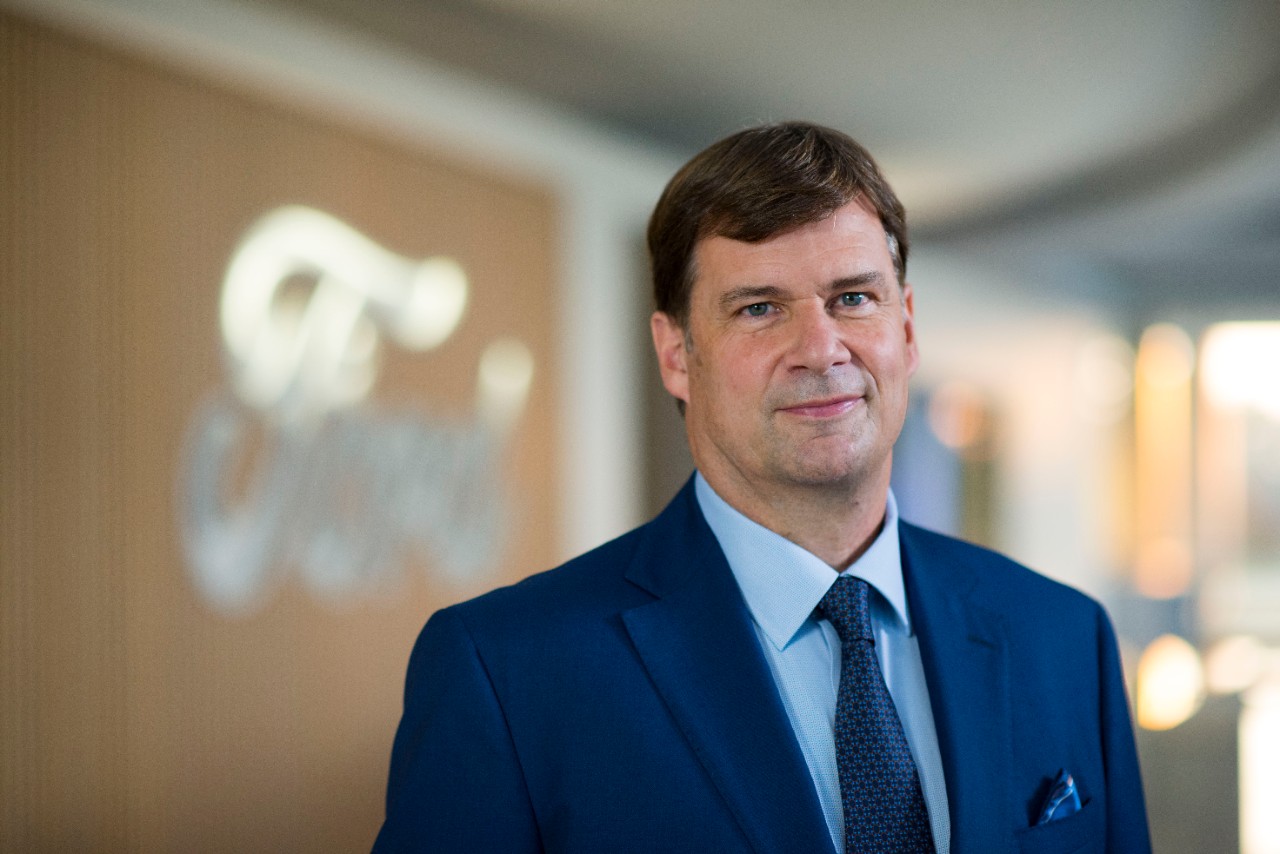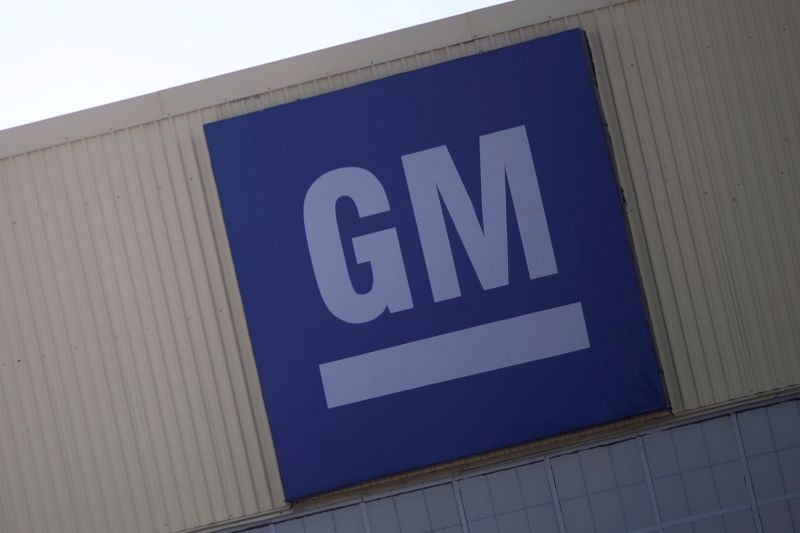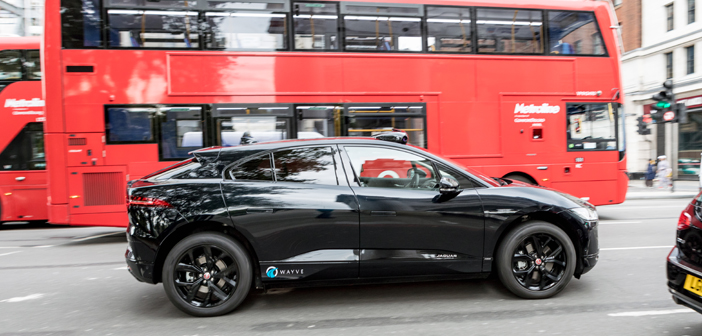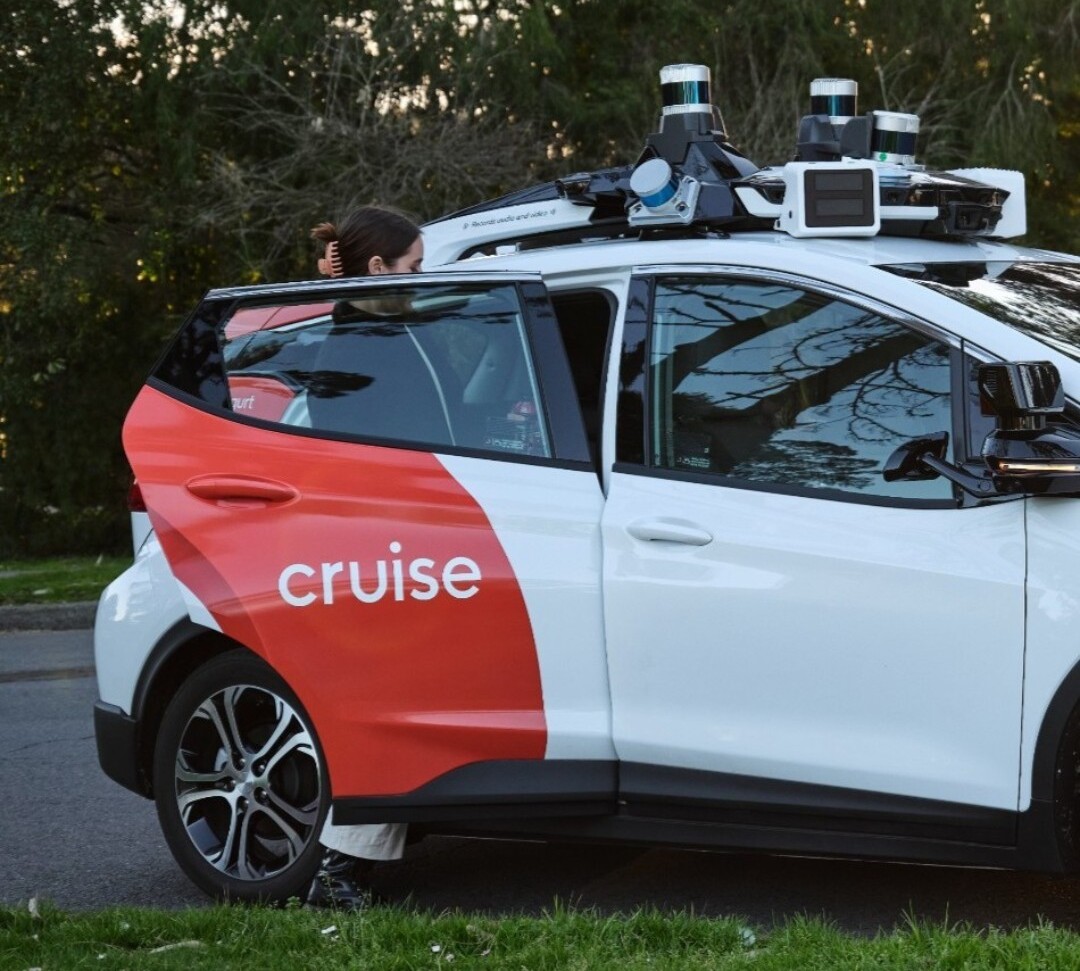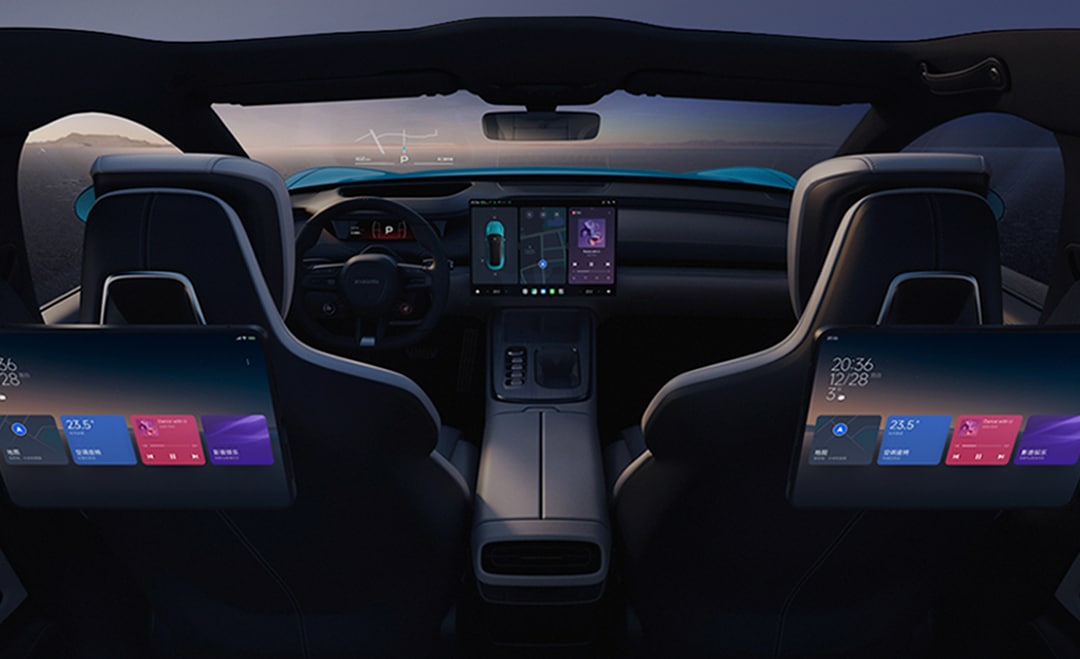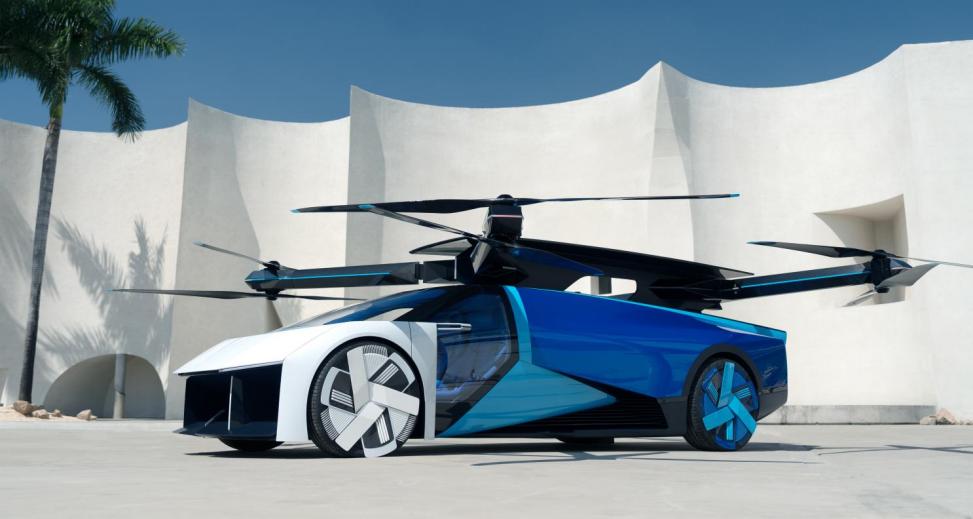In a recent interview with Yahoo Finance, Ford CEO Jim Farley outlined the company’s ambitious plans to deliver affordable electric vehicles (EVs) to the American market, drawing parallels to the revolutionary impact of the Model T over a century ago.
Farley emphasized the importance of profitability in this endeavor, acknowledging it as a significant challenge. However, he expressed confidence that Ford’s next-generation EVs would not only be profitable but also accessible to a broad range of consumers.
See also: Ford and GM CEOs Differ on Hybrid Vehicles’ Role in Future Strategy
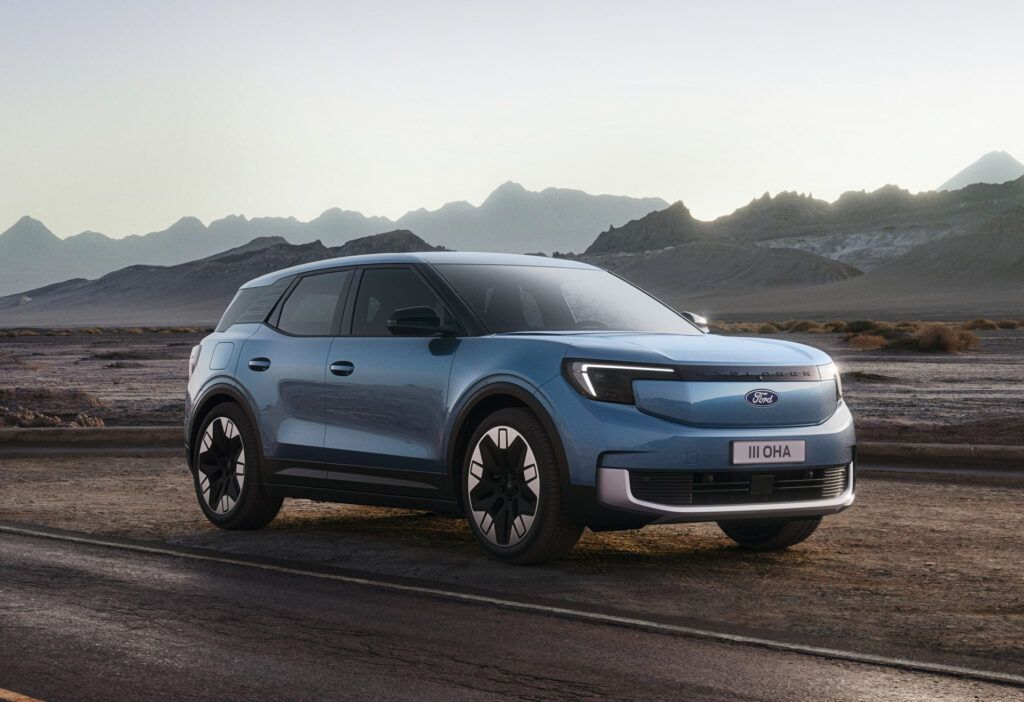
Highlighting the competitive nature of the EV market, Farley underscored Ford’s commitment to developing EVs that can rival the best in the business, particularly those coming from China. He pointed to China’s strategic investment in EVs as a model for success that Ford aims to replicate in the United States.
Farley revealed that Ford has been working on a smaller EV platform, aimed at underpinning more affordable models. This strategic shift has led to the delay of larger electric SUVs in favor of smaller, more cost-effective options.
See also: Ford Eases Entry for Dealers into Electric Vehicle Sales
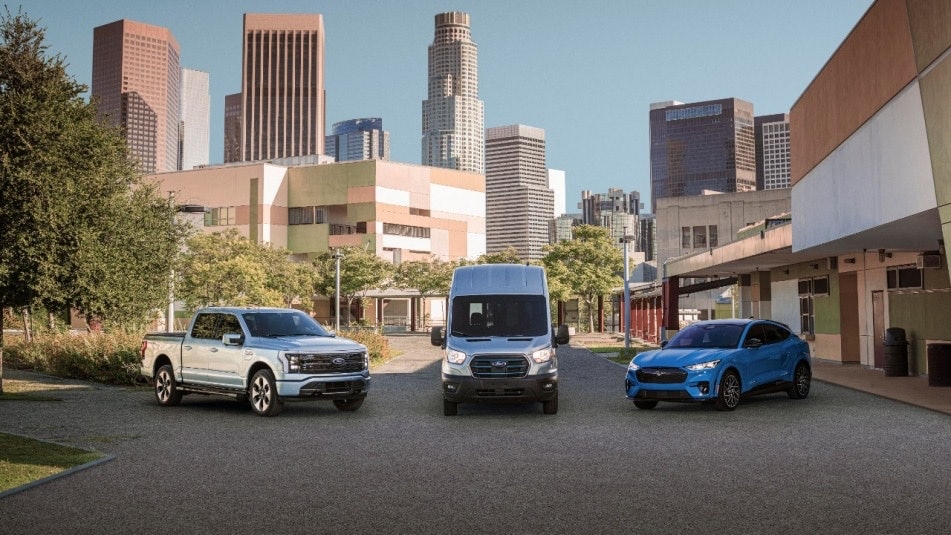
To drive innovation in this space, Ford has assembled a team of top EV engineers, including individuals from Tesla and Apple. This team is focused on engineering a new approach to EVs, one that promises a different product at a lower cost with a smaller battery and different chemistry.
One of the key challenges Ford is addressing is the high cost of batteries. Farley highlighted Ford’s investment in lower-cost batteries at its Marshall, Michigan plant, positioning the company as a pioneer in bringing these batteries to US customers.
See also: 2023 Ford F-150 Lightning Lease Deals Make Electric Pickup More Affordable than Gas Models
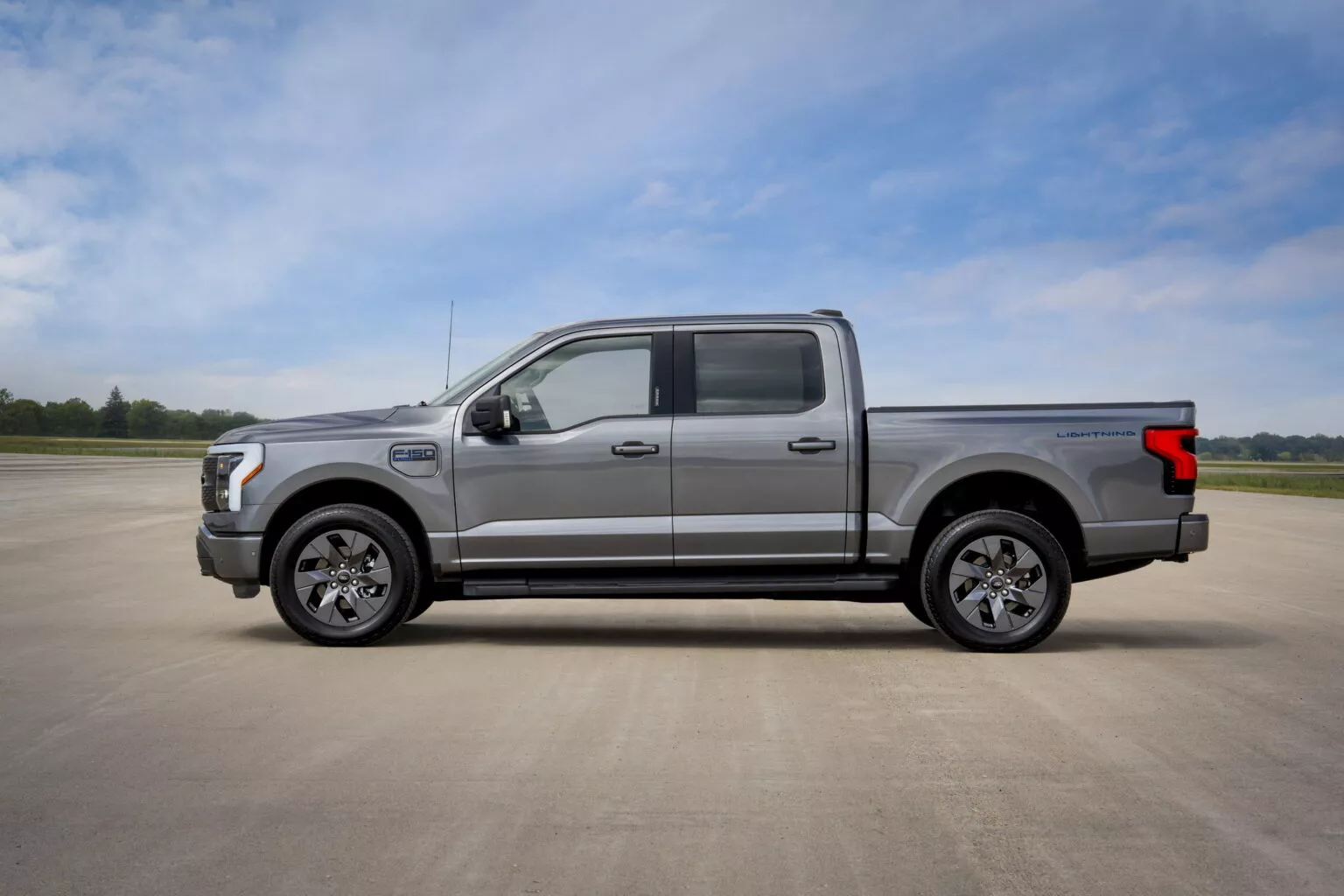
In addition to focusing on EVs, Ford plans to lean more into hybrids, a strategic decision driven by slower-than-expected EV demand. Despite this, Ford remains committed to the EV market, as evidenced by its partnership with Tesla to utilize the Supercharger network.
Farley expressed his appreciation for working with Tesla, describing the relationship as largely positive yet competitive. With Ford and Tesla leading the EV market in the US, Farley emphasized the mutual respect between the two companies.

